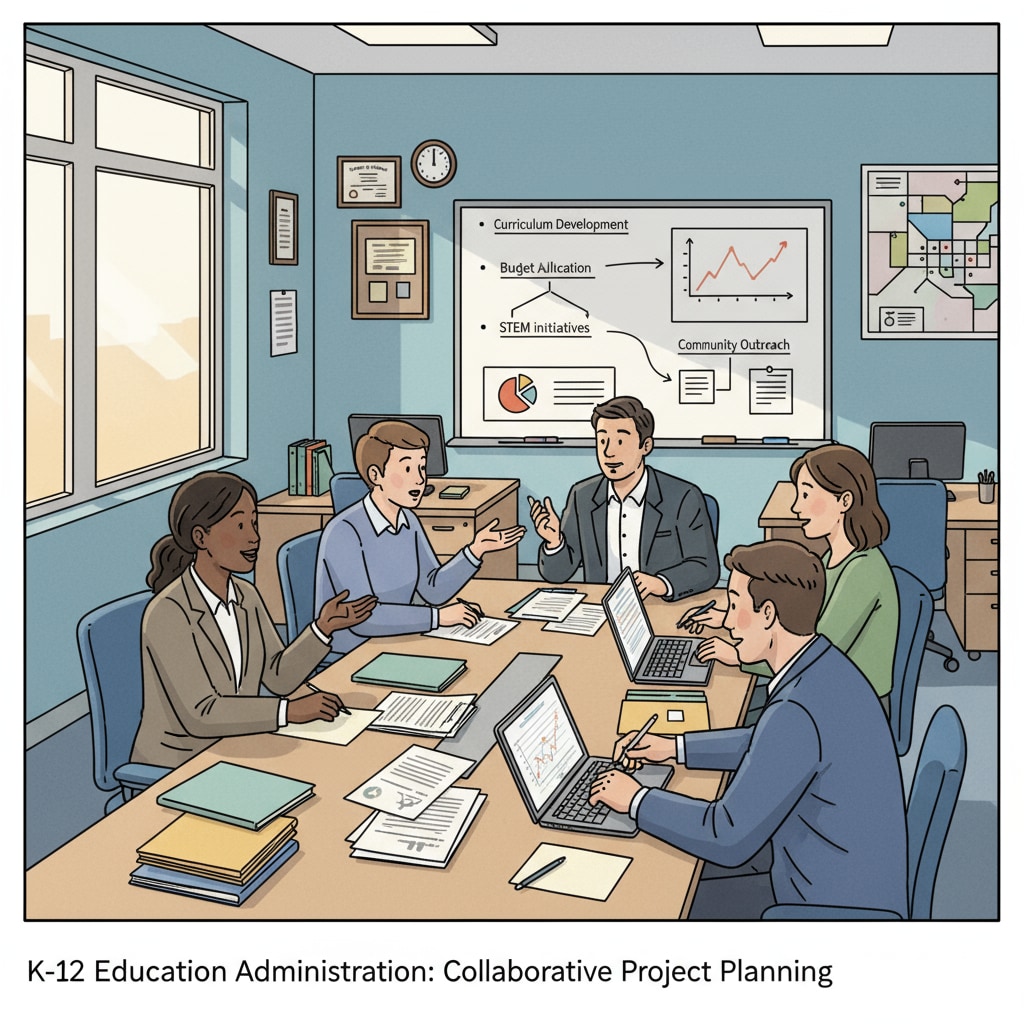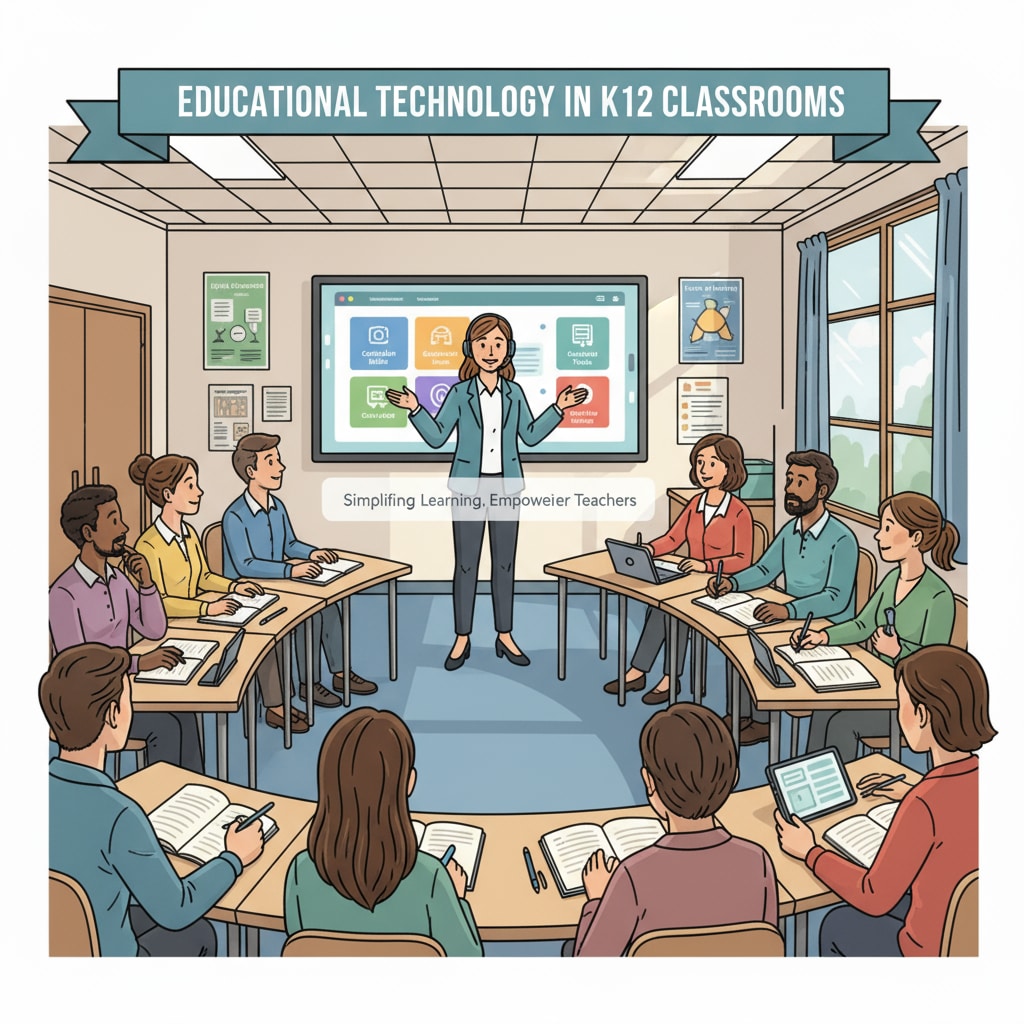For those in the education profession who are passionate about education but not keen on a long-term teaching career at the front of the classroom, non-teaching positions in K12 education offer a plethora of exciting career development options. These roles, often the “invisible wings” of the education system, play crucial parts in shaping the educational landscape.

Administrative Roles: The Backbone of Educational Institutions
Administrative positions in K12 education are vital for the smooth running of schools. School administrators, for example, are responsible for managing daily operations, from budgeting and scheduling to staff hiring and student enrollment. To enter this field, a background in education administration or a related field is often required. According to Education World, the demand for skilled school administrators is on the rise, as they ensure the efficient functioning of educational institutions. Their core competitiveness lies in strong organizational, leadership, and communication skills.
Educational Technology Specialists: Bridging Education and Technology
In today’s digital age, educational technology specialists are in high demand. These professionals integrate technology into the teaching and learning process. They might be involved in selecting and implementing educational software, providing training to teachers on using new technologies, or even developing online learning platforms. A degree in educational technology or a related discipline is beneficial. As International Society for Technology in Education highlights, the role of educational technology specialists is becoming increasingly important in enhancing the quality of education. Their key skills include technical proficiency, knowledge of educational pedagogy, and the ability to adapt to rapidly evolving technologies.

Another important aspect of non-teaching roles in K12 education is curriculum development. Curriculum designers are responsible for creating engaging and effective learning materials. They work closely with teachers and subject matter experts to ensure that the curriculum meets educational standards and student needs. A solid understanding of educational theory and subject knowledge is essential for this role.
In addition, educational counselors play a significant part in the well-being of students. They provide guidance on academic, career, and personal issues. A background in psychology or counseling, along with relevant certifications, is typically required.
Overall, the non-teaching positions in K12 education offer a wide range of career development opportunities for those in the education profession. Whether you are interested in administration, technology, curriculum development, or counseling, there is a path waiting for you to explore. Readability guidance: The above content uses short paragraphs to present different non-teaching roles in K12 education. Each role is briefly introduced with key information such as entry requirements and core skills. Transition words like “in addition” are used to connect different ideas.


